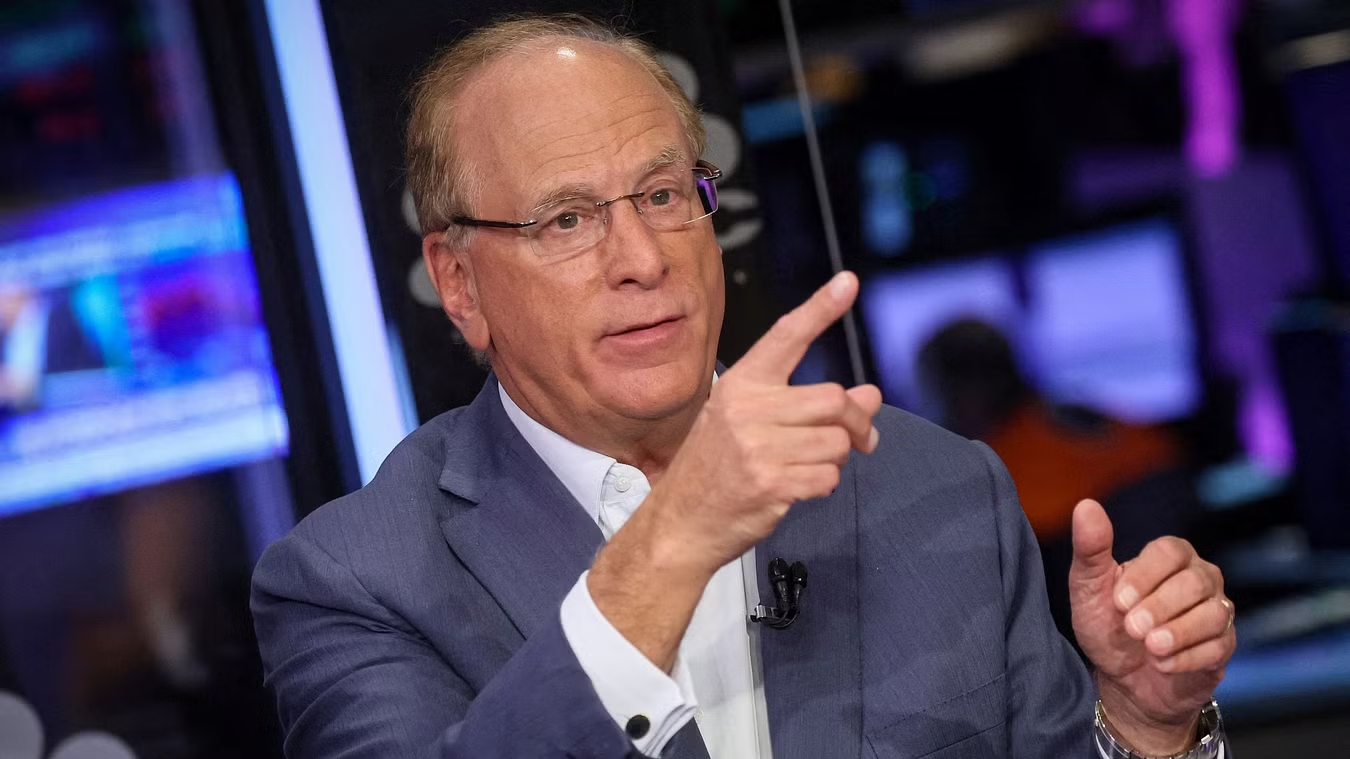AI, according to BlackRock CEO Larry Fink, will increase output and worker wages.

Larry Fink, the CEO of BlackRock Inc., recently expressed optimism about the impact of the firm’s investment in artificial intelligence (AI) on employee wages. He believes that increased productivity driven by AI will lead to higher wages for employees. Fink shared these insights during the company’s earnings call, highlighting their ambition to achieve more with fewer people through enhanced productivity.
BlackRock’s investment in AI has already contributed to the firm reaching a record $10.5 trillion in client assets. Fink emphasized that the firm’s ongoing investment in AI has resulted in significant efficiencies and productivity gains, enabling them to manage $2.5 trillion more assets with the same headcount.
Fink’s bullish stance on AI’s potential echoes his previous remarks about its role in boosting productivity and potentially mitigating inflation. However, the impact of AI on employee wages remains a topic of debate.
While some believe that AI will lead to higher pay by automating routine tasks and allowing employees to focus on more valuable, creative work, others caution that increased productivity may not necessarily translate into higher salaries for workers.
Sander van’t Noordende, CEO of Randstad, a staffing agency, highlighted the positive aspects of AI, such as freeing up time for employees to engage in higher-value tasks. However, skeptics argue that despite productivity gains, companies may not redistribute these benefits to employees in the form of higher wages.
Ultimately, while AI holds promise for increasing efficiency and driving innovation, its impact on employee compensation remains uncertain and subject to ongoing debate within the business and economic communities.





